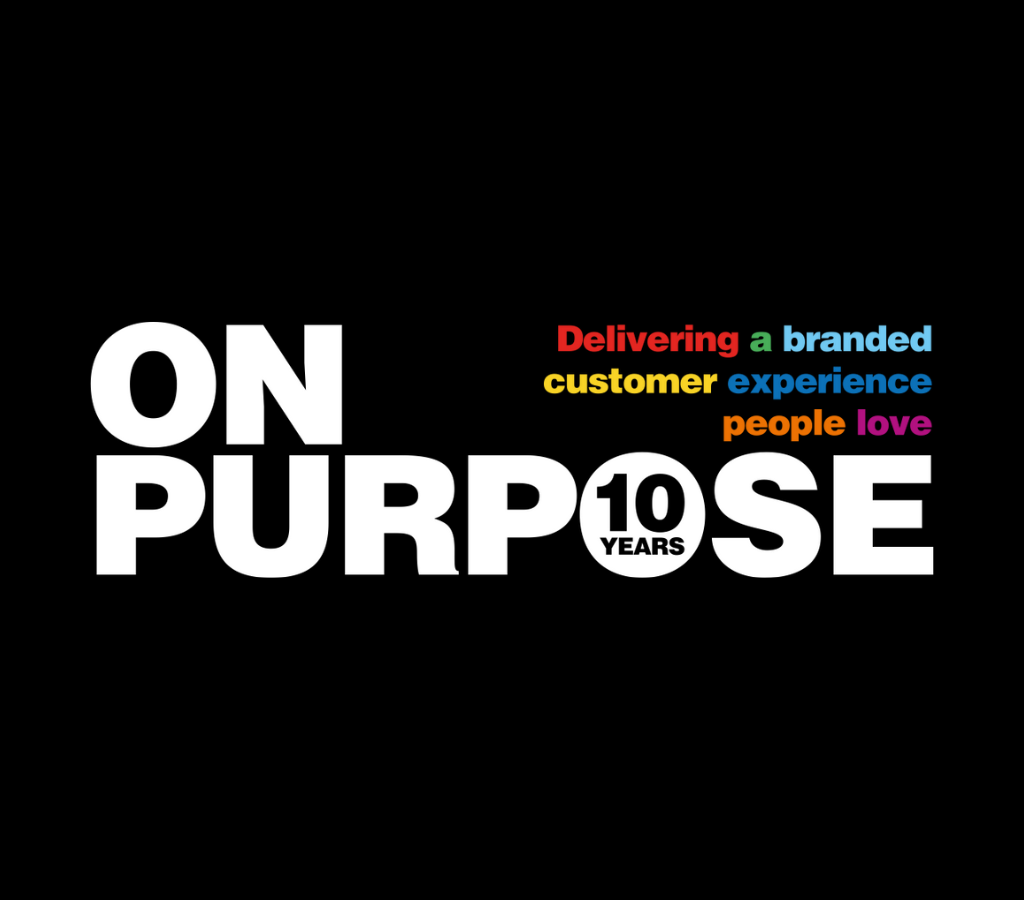Answering the “why” an organisation exists, brand purpose encapsulates this fundamental reason beyond its commercial aims. ‘Purpose’ reflects an organisation’s values, beliefs, and commitment to make a positive impact on the world. That impact does not have to be huge, in fact a brand’s purpose must crucially be within its sphere of influence – i.e. actually achievable and definitely measurable. Get it right, and brand purpose serves as a strategic ‘north star’ guiding decision-making, inspiring employees, and resonating with customers. Get it wrong, and you enter ‘purpose washing’ territory – saying the ‘right thing’ but having no evidence to back up your words.
A superficial and spurious purpose equals sceptical customers and cynical employees. And when brands jump on the purpose bandwagon as a marketing effort, inappropriately aligning with societal and cultural issues, it gets even worse. Perhaps the most famous example of this is Pepsi’s 2017 advertisement featuring Kendall Jenner, in which social justice movements are satisfied and harmony is restored through the power of a cold can of liquid sugar.
But there are many brands who have used purpose to achieve stand-out success.
Patagonia, the outdoor clothing and gear company’s purpose, “We’re in business to save our home planet,” is not just a neat slogan but a deeply ingrained ethos. This commitment influences everything from product design to supply chain management and deeply impacts the customer and employee experience. Patagonia’s bold initiatives have not only earned customer and employee loyalty but also set a benchmark for corporate responsibility. Having donated two percent of all stock and all decision-making authority to a trust, the other 98 percent was moved to a nonprofit called the Holdfast Collective, where every dollar received will fight the environmental crisis. As founder Yvon Chouinard said: “Instead of ‘going public’, you could say we’re ‘going purpose’…Instead of extracting value from nature and transforming it into wealth for investors, we’ll use the wealth Patagonia creates to protect the source of all wealth.” Being unwavering in its commitment to environmental sustainability hasn’t negatively impacted Patagonia’s bottom line either – for the last three years annual sales have been over $1 billion.
LEGO’s purpose, “Inspire and develop the builders of tomorrow,” encapsulates its commitment to creativity and education. The brand’s dedication to fostering learning through play drives every business decision and has led to partnerships with educational institutions and initiatives to make learning fun and engaging. Its commitment to sustainability saw it pledge to make all its core product from sustainable materials by 2030, launching its first plant-based plastic materials in 2021. By staying true to its purpose, LEGO has maintained its relevance across generations and continues to be both a beloved brand worldwide as well as incredibly commercially successful. Its “Outstanding” NPS score of 56 makes it the 20th highest ranking brand in the world, in 2024 it was ranked 12th in Glassdoor’s list of the UK’s 50 best workplaces, and it remains the world’s strongest toy brand with its value increasing 6.5% in 2023 to USD 7.9bn.
If we were to summarise Patagonia and Lego’s success (and therefore where other businesses need to prioritise), it is these three key points:
1. Embed the brand purpose into the culture:
A genuine brand purpose should be reflected in the company’s culture – everything you say, everything you do. When employees believe in and live the purpose, they become brand ambassadors, enhancing the company’s authenticity.
2. Be clear when you communicate:
Honest and transparent communication about the company’s efforts and challenges is essential. Customers appreciate brands that are open about their journey towards achieving their purpose, even if it includes acknowledging shortcomings and areas for improvement.
3. Be consistent with your actions:
Actions speak louder than words. More important than communications is the consistency between what a brand says and what it does. Every business decision, from product development to customer service, should align with the brand purpose. This includes being able to say no when decisions (particularly those likely to earn short-term commercial benefit) do not align with the purpose. This coherence builds trust and reinforces the brand’s commitment.
Essentially, brand purpose is neither a lofty sustainability strategy nor a marketing gimmick; it is a strategic imperative that can drive business success. When authentically embraced and integrated into the fabric of a company, it aligns activities, inspires employees, and fosters lasting customer loyalty. However, companies must beware of the temptation to use purpose merely as a facade to satisfy Environmental, Social and Governance (ESG) goals. True purpose requires deep commitment, transparency, and consistent action. By clearly defining purpose and then operationalising it, it is possible to achieve great commercial success AND make a meaningful impact on society.




